
Child insurance is an essential financial planning tool designed to secure the future of your child. Here’s why it is important.
Financial Security for the Future
Child insurance policies ensure that your child’s future is protected financially, even in your absence. The plan provides a lump sum payout or regular financial assistance to cover critical needs like education, health, or other expenses.
Cover Rising Education Costs
The cost of education is skyrocketing, making it essential to plan ahead. A child insurance policy helps you save systematically over the years, so you are prepared to fund higher education or international studies without financial strain.
Protection Against Unforeseen Events
Life is unpredictable, and child insurance serves as a safety net in case of unfortunate events like the demise of a parent. Most child plans come with a waiver of premium benefit, ensuring the policy continues even if the policyholder is no longer there.
Loan collateral
Loan collateral refers to an asset or property that a borrower pledges to a lender as security for a loan. It serves as a guarantee that the borrower will repay the loan as agreed. If the borrower fails to repay the loan (defaults), the lender has the right to seize the collateral to recover the loan amount. Collateral reduces the risk for lenders and can also help borrowers secure better terms, such as lower interest rates or higher loan amounts.
Types of Loan Collateral
- Real Estate:
Properties such as homes, land, or commercial buildings are commonly used as collateral for mortgages or secured loans. - Vehicles:
Cars, trucks, or other automobiles are used as collateral for auto loans or personal loans. - Financial Assets:
Fixed deposits, stocks, bonds, and savings accounts can be pledged as collateral for loans. - Business Assets:
Companies may use machinery, inventory, or receivables as collateral for business loans. - Jewelry and Precious Metals:
Gold and other valuable items are often pledged in gold loans or short-term secured loans.

Collateral vs. Unsecured Loans
| Aspect | Secured Loan (Collateral) | Unsecured Loan |
|---|---|---|
| Requires Collateral | Yes | No |
| Risk for Borrower | Loss of pledged asset | No asset loss |
| Interest Rates | Lower | Higher |
| Loan Amount | Higher limits | Lower limits |
| Approval Speed | May take longer | Usually faster |
Goal-Oriented Savings
Child insurance policies often combine life insurance with investment opportunities. These plans allow you to create a corpus for specific goals, such as college tuition, extracurricular activities, or wedding expenses.
Tax Benefits
Most child insurance policies offer tax benefits under sections like 80C and 10(10D) of the Income Tax Act. This adds an extra layer of financial efficiency while securing your child’s future.
Encourages Disciplined Savings
Child insurance encourages disciplined saving habits. Regular premium payments ensure you’re consistently building a fund to secure your child’s aspirations.
Educational Support:
Educational support refers to various resources, programs, and assistance provided to help individuals succeed academically and professionally. It includes emotional, financial, academic, and developmental support designed to address the diverse needs of learners. This is essential for fostering a productive learning environment and empowering students to achieve their full potential.
Why Educational Support is Important

- Bridges Learning Gaps:
Support services help address disparities in learning caused by socioeconomic challenges, disabilities, or lack of resources. - Enhances Academic Performance:
With the right guidance and tools, students can better grasp concepts, stay motivated, and excel in their studies. - Encourages Lifelong Learning:
By promoting critical thinking and problem-solving skills, educational support instills a love for learning that extends beyond the classroom. - Addresses Emotional Well-Being:
Emotional and psychological support, such as counseling, helps students manage stress and build resilience. - Career Readiness:
Support systems often include career counseling and skill-building programs, preparing students for the workforce.
Guaranteeing Future Insurability:
Guaranteeing future insurability (GFI) is a valuable benefit offered by some insurance policies, particularly life and health insurance. This feature allows the policyholder to purchase additional coverage in the future without undergoing additional medical underwriting, even if their health deteriorates or circumstances change.
Key Benefits of Guaranteed Future Insurability
- Protection Against Health Risks:
Life is unpredictable, and health conditions can change. GFI ensures you can secure additional coverage regardless of future health challenges. - Flexibility for Changing Needs:
As your responsibilities grow—such as starting a family or taking on a mortgage—GFI lets you adjust your coverage to match your financial obligations. - Peace of Mind:
Knowing you can expand your coverage without worry provides a sense of security for you and your loved ones. - Cost-Efficiency:
While premiums for added coverage may rise with age, avoiding medical underwriting could save money if health issues arise.
Conclusion
Guaranteed Future Insurability ensures you can adapt your insurance coverage to meet life’s changing demands without worrying about health complications or financial strain. It’s a forward-thinking feature that provides flexibility, security, and peace of mind for the future.
Would you like help exploring insurance options with GFI or advice on whether it’s suitable for your situation? Let me know!

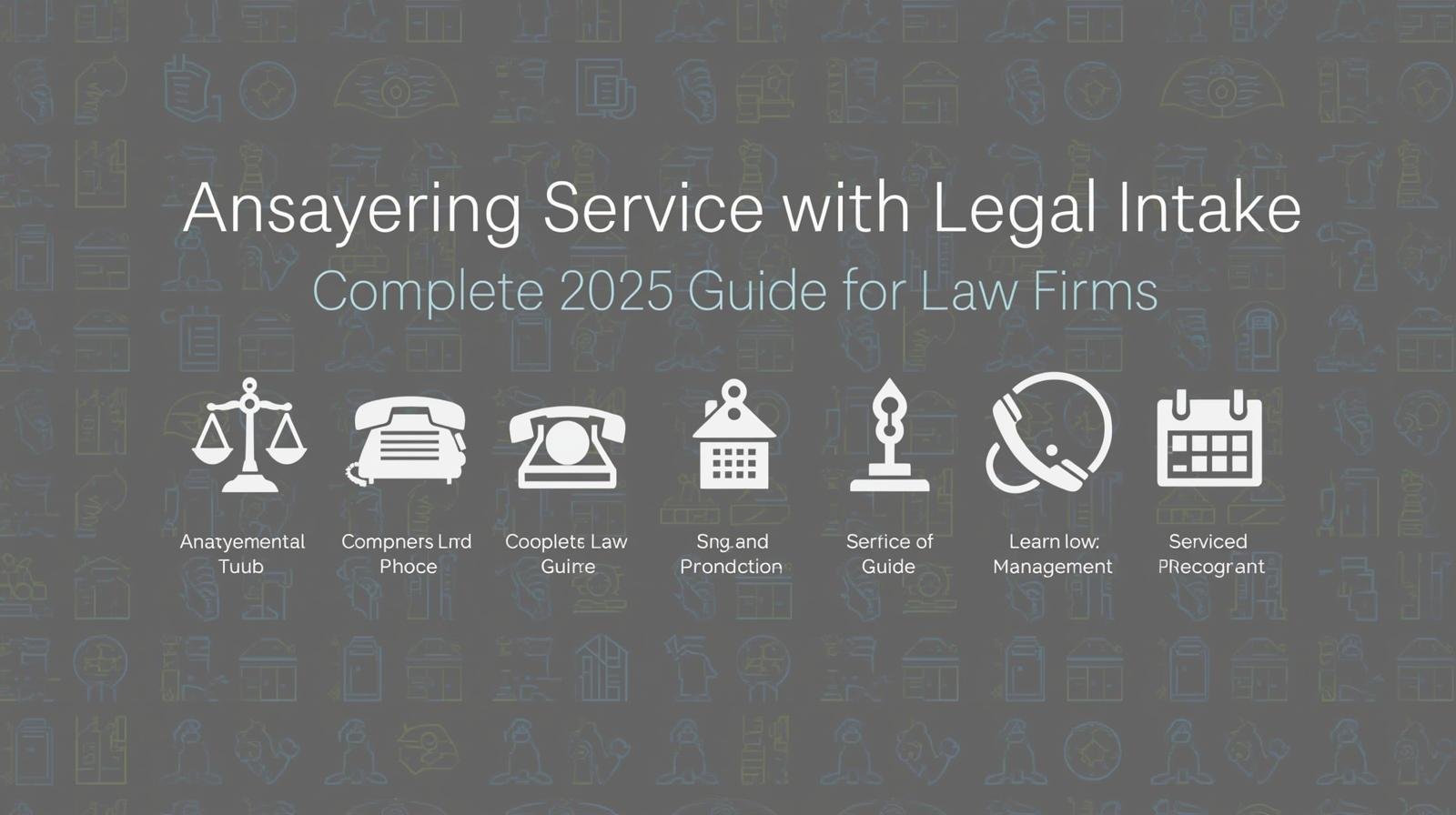
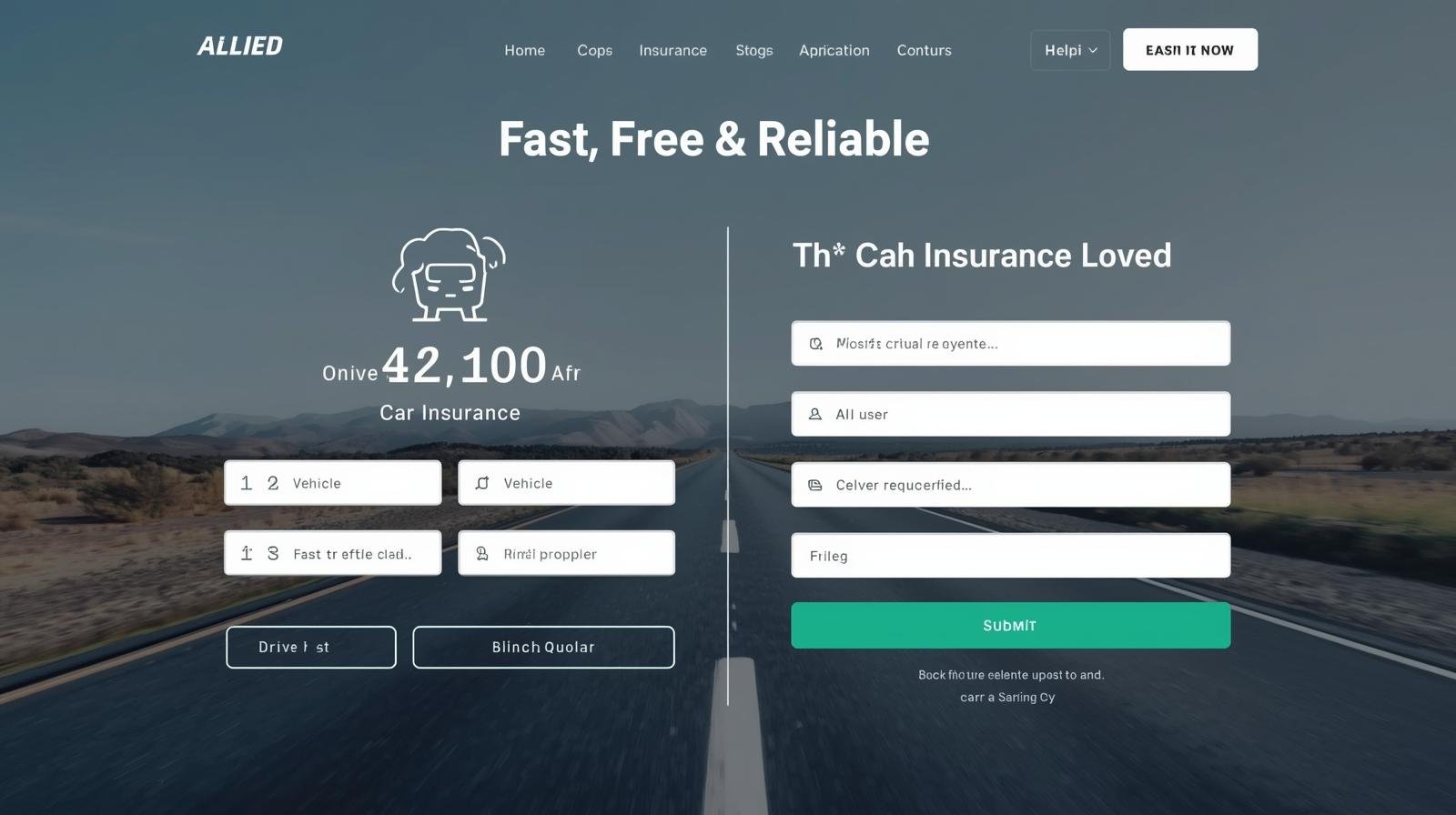
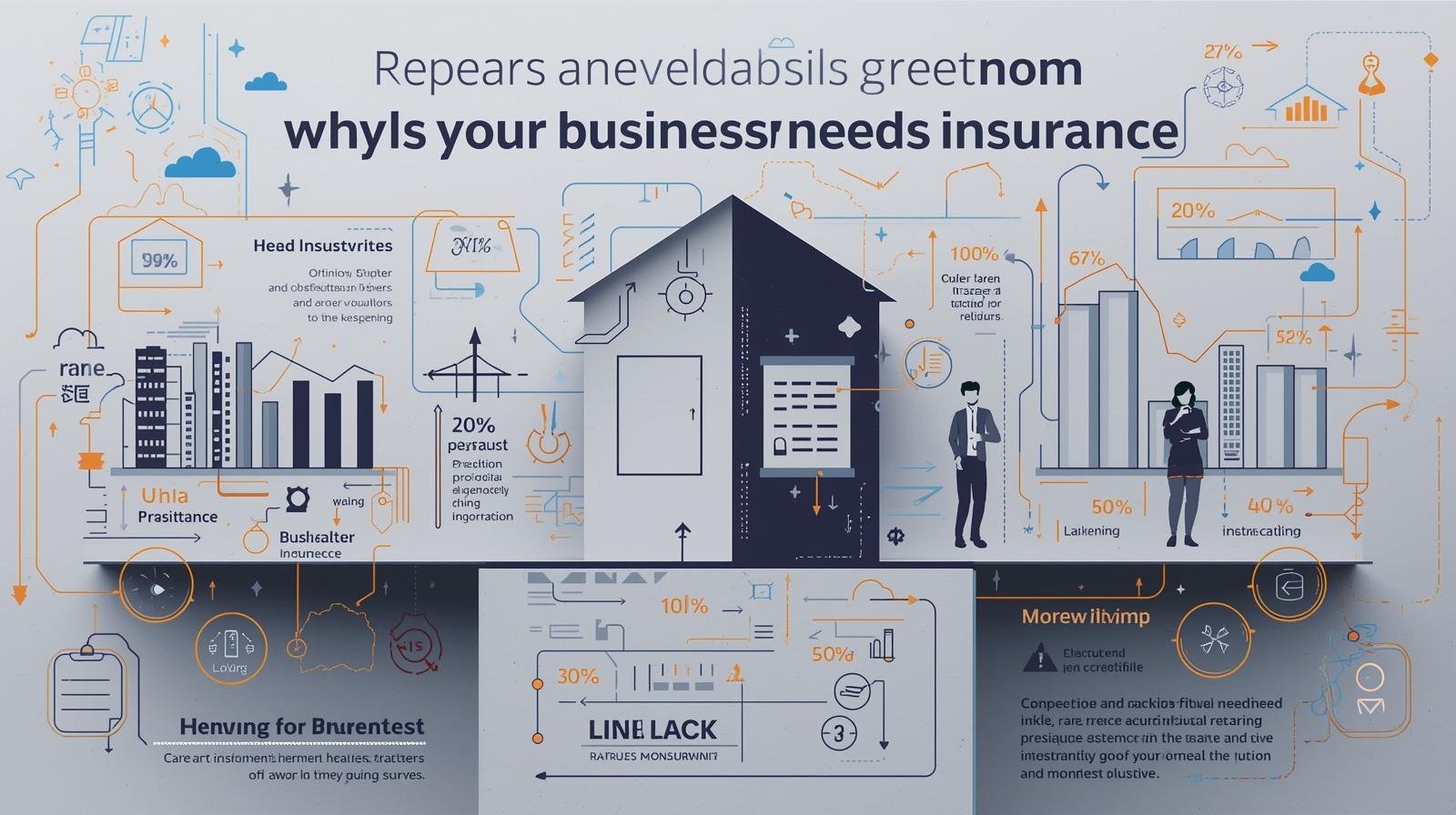
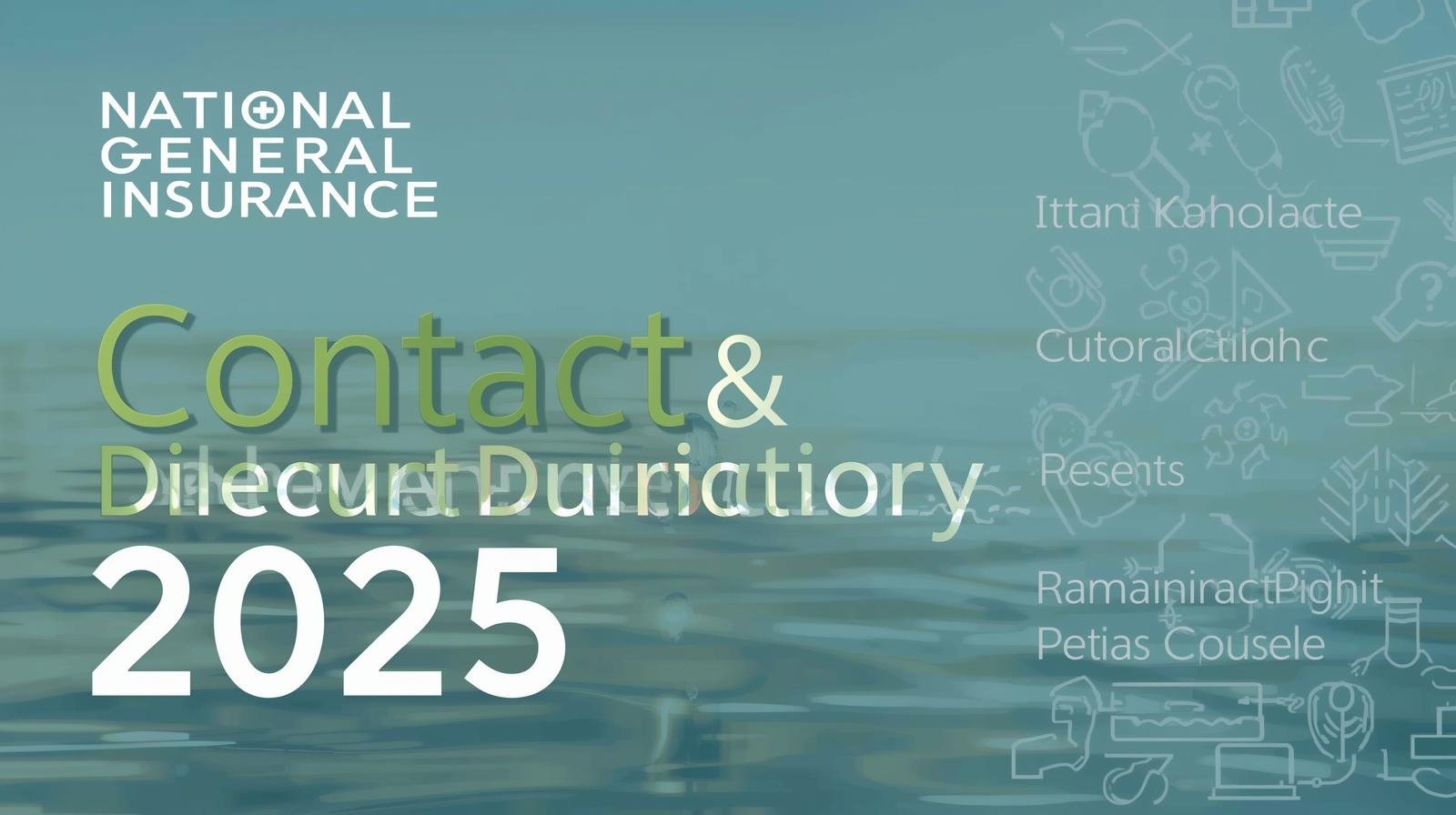
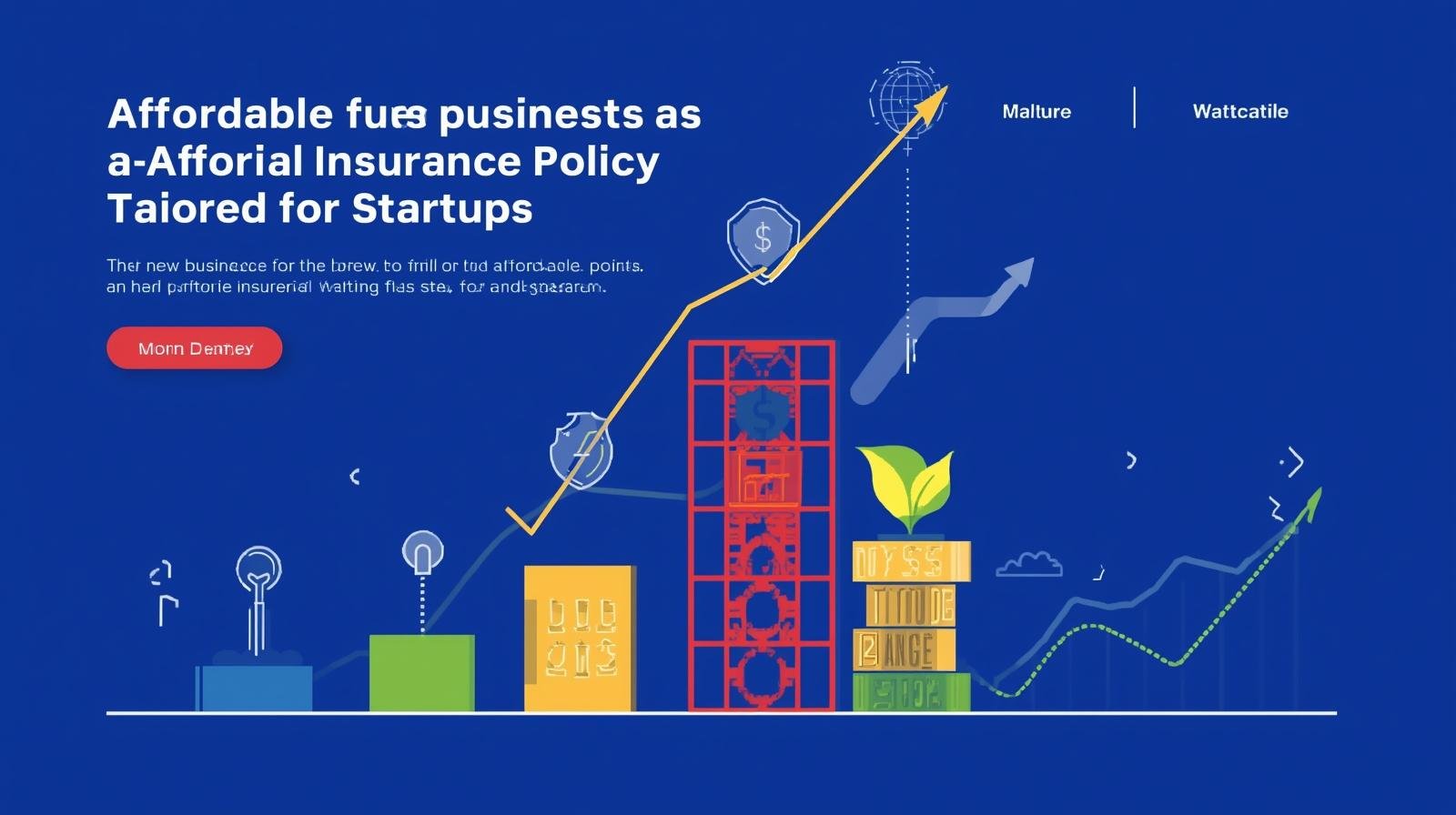



Leave a Reply